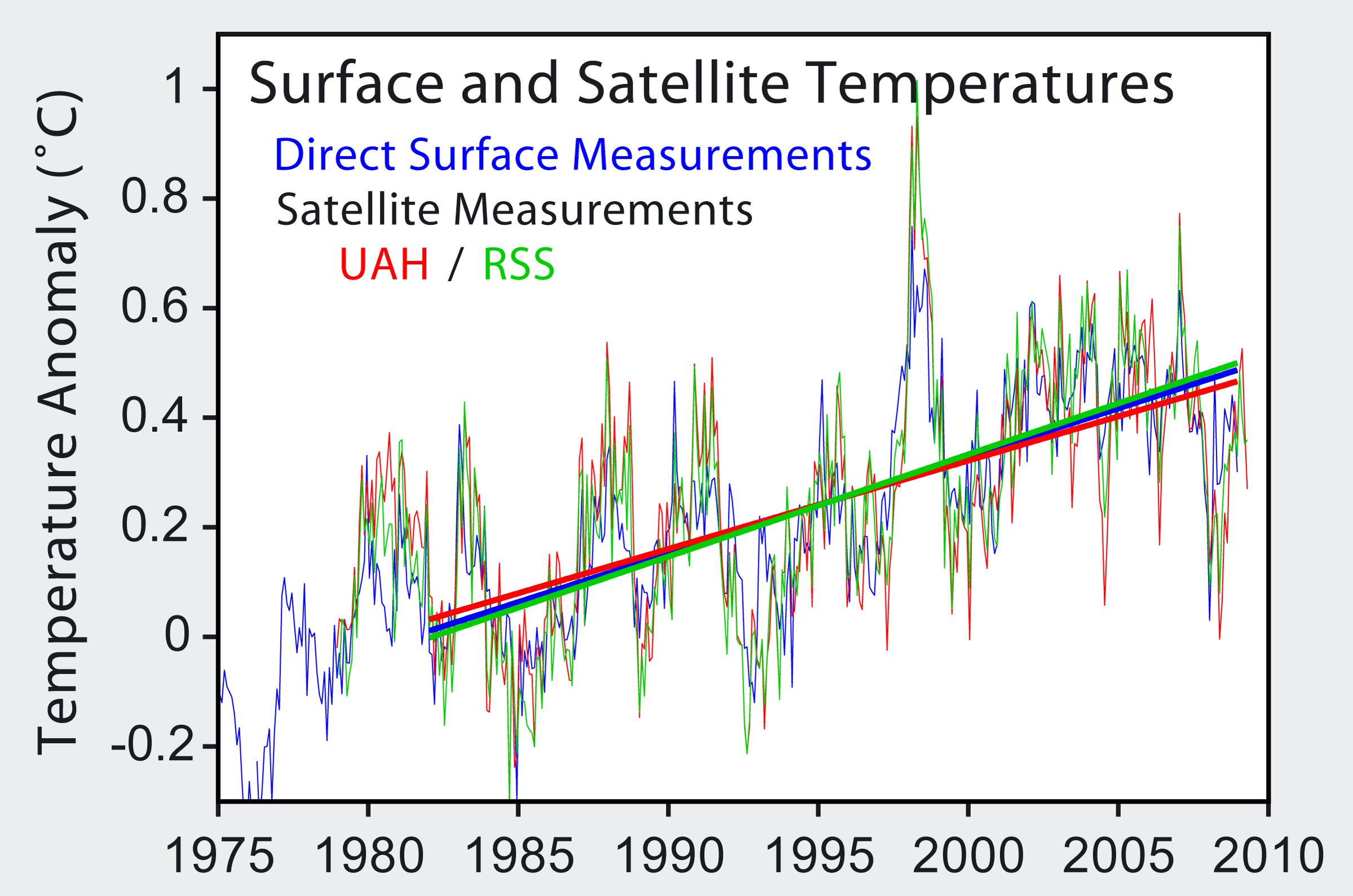edthecynic
Censored for Cynicism
- Oct 20, 2008
- 43,044
- 6,885
- 1,830
First of all, you gave no "back up" for your stupidity. And I already told you the warmer moister air came from the Atlantic Ocean as it ALWAYS does with all nor'easters.First of all it doesn't have to be " much warmer than usual" just warmer than the air it collides with. And the warm moist air that caused the bulk of the snow in the nor'easter that hit the east coast came from the Atlantic Ocean.I do understand that. I am wondering where this moisture was evaporated from. What superheated part of the earth did it come from?
In order for your claim to have any substance, you must know where this moisture came frmo and that it came from a part of the earth that is much warmer than usual.
No, back up. You claimed that these blizzards could be attributed to global warming cause of the increased evaporation due to global warming.
There is either global warming or their isn't. This year, temps seems to be down and there seems to be alot of snow. GW advocates claim this is global warming. So what part of the earth did this superheated moisture that fell on DC come from?
HowStuffWorks "What is a Nor'easter?"
A Nor'easter is named for the winds that blow in from the northeast and drive the storm up the east coast along the Gulf Stream, a band of warm water that lies off the Atlantic coast.
There are two main components to a Nor'easter:
- Gulf Stream low-pressure system - (counter-clockwise winds) These systems generate off the coast of Florida. The air above the Gulf Stream warms and spawns a low-pressure system. This low circulates off the southeastern U.S. coast, gathering warm air and moisture from the Atlantic. Strong northeasterly winds at the leading edge of the storm pull it up the east coast.
- Arctic high-pressure system - (clockwise winds) As the strong northeasterly winds pull the storm up the east coast, it meets with cold, Arctic air blowing down from Canada. When the two systems collide, the moisture and cold air produce a mix of precipitation.
Last edited:
 :
:

